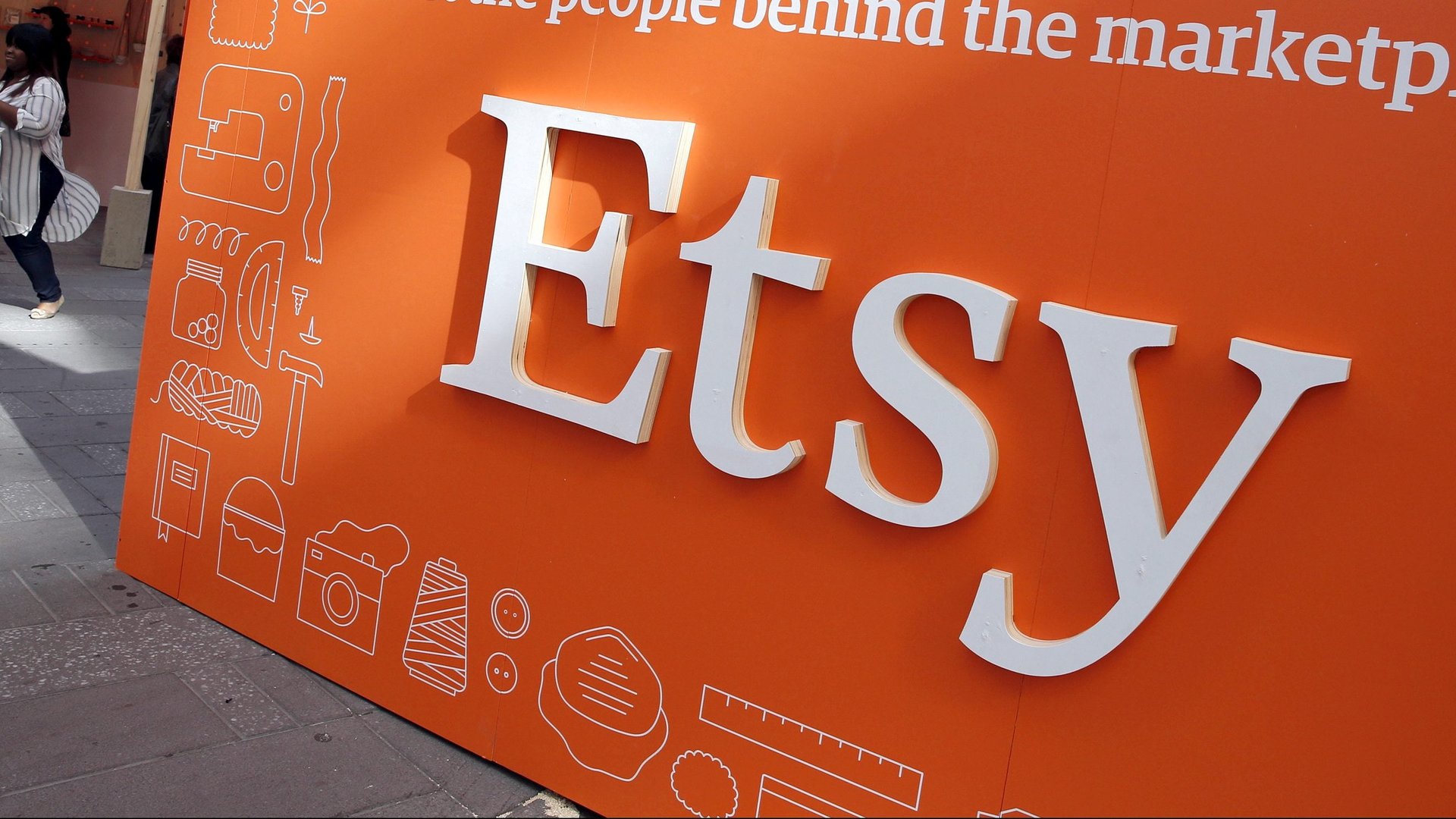Why Etsy’s CEO is accusing Amazon of trying to wipe out its competition
On Aug. 21, Amazon issued a surprise statement on AB 3262, a proposed bill in California that would hold online marketplaces liable for all the products sold on their sites, including those from independent sellers. In a blog post, Amazon said it would back the bill, provided the language was amended so all stores and marketplaces were held to the same standards, regardless of their model for collecting fees.


On Aug. 21, Amazon issued a surprise statement on AB 3262, a proposed bill in California that would hold online marketplaces liable for all the products sold on their sites, including those from independent sellers. In a blog post, Amazon said it would back the bill, provided the language was amended so all stores and marketplaces were held to the same standards, regardless of their model for collecting fees.
It wasn’t the stance one might expect from Amazon, which has been working to dodge exactly this sort of liability in US courts. The company has largely avoided responsibility for dangerous or defective products sold on its giant third-party marketplace by claiming that, technically, it isn’t the seller. It’s just a facilitator for independent vendors. Amazon has mostly won these legal challenges, though momentum has started to shift against the company.
But Josh Silverman, CEO of Etsy, a marketplace focused on handmade and vintage goods, says there’s a reason Amazon is throwing its support behind AB 3262. “Amazon is taking bold steps to wipe out its competitors by promoting complex, hard-to-comply-with legislation that only they can afford to absorb,” Silverman wrote in a post on Medium yesterday.
The bill is now in the unusual position of having companies such as eBay and Etsy against it, but Amazon on its side. That’s despite the fact that other AB 3262 supporters, such as consumer-advocacy group Consumer Reports, often cite Amazon as an example of exactly why shoppers need legal protection for products they buy from online marketplaces.
Both Etsy and eBay say AB 3262 should not treat all online marketplaces the same, because they may operate very differently. Etsy doesn’t warehouse or ship products sold through its site. Amazon, on the other hand, stores and ships items sold by third parties who use its Fulfillment by Amazon program, while also operating as a traditional retailer that owns and even manufactures many of the products it sells.
The bill would hold online marketplaces responsible for products sold on them regardless of whether the company ever takes physical possession of the product. According to Reuters, lawmakers revised the language this week, apparently in reaction to Amazon’s blog post, to make clear that companies can be held liable for a product whose sales it “facilitates” and to remove an exemption if the company just makes money from advertising the product.
Amazon says it backs the bill because it shares the California legislature’s aim of keeping shoppers safe. Etsy’s Silverman believes it has a different motive.
“While AB 3262 will be an inconvenience to the e-commerce behemoth, it could be crushing to smaller e-commerce players,” Silverman wrote. He claims the bill would force Etsy to vet the millions of items sold through its site and raise costs significantly for buyers and sellers. Because of the expense, he says, many vendors would simply choose not to sell in California through Etsy and similar marketplaces, hurting them and reducing Amazon’s competition in the state.
The state is expected to vote on the proposed law later this week. California is a large and influential market in the US. If the bill does pass there, it could have wider ripple effects, just as Covid-19 speeds e-commerce’s growth.